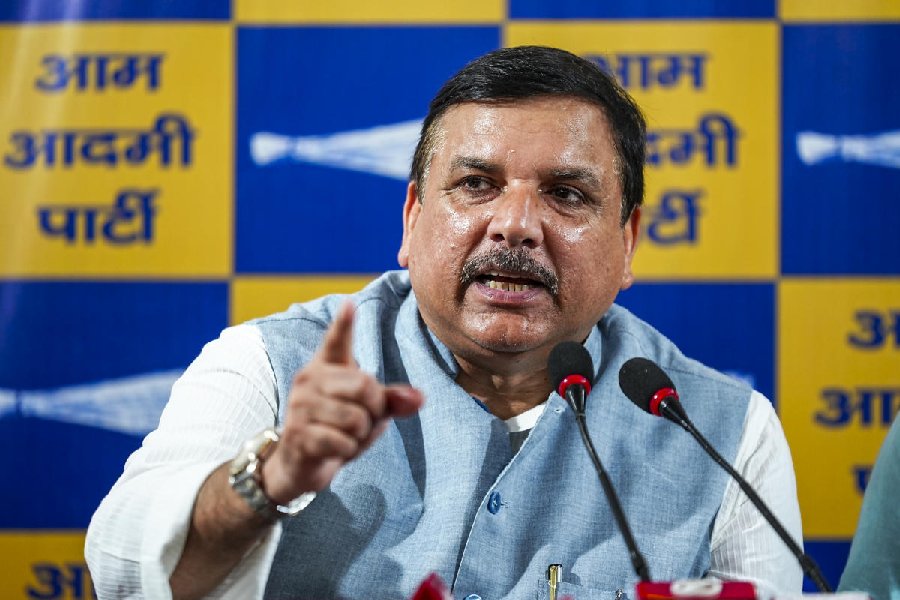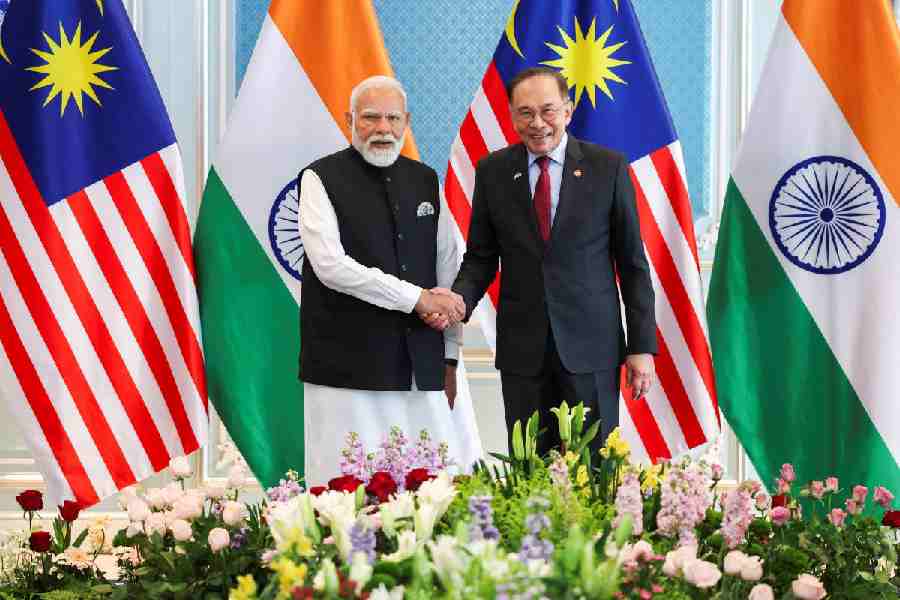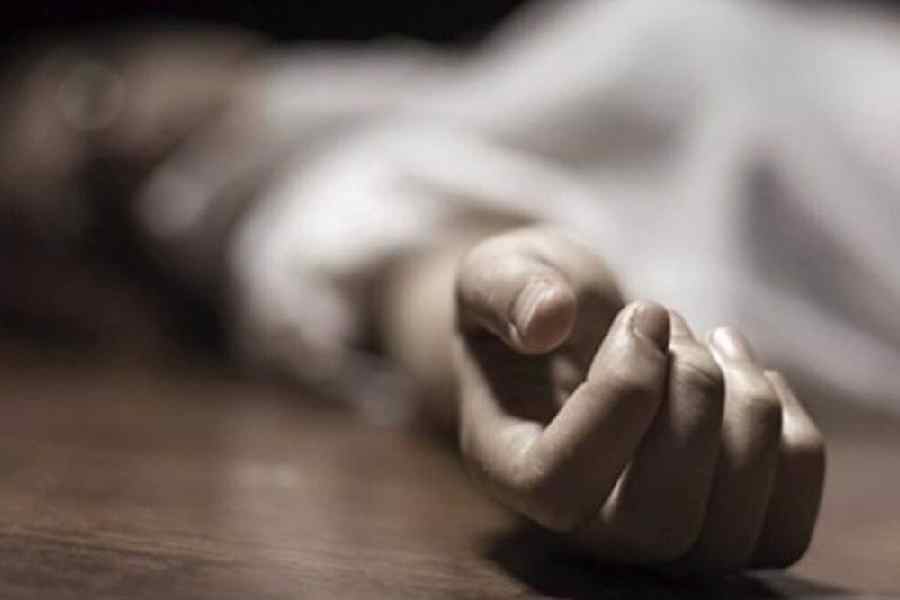New Delhi, June 15: A civil aviation regulatory panel has recommended that all airlines should educate their flight crew about the risks of self-medication, after probing an incident in which a SpiceJet commander experienced blurred vision ahead of landing.
The two-member panel has asked the Directorate General of Civil Aviation (DGCA) to sensitise all scheduled and non-scheduled aircraft operators to educate their cockpit and cabin crew about the "consequences of self-medication" and about the importance of informing doctors about any ailments during pre-flight medical checks.
The panel's recommendations made earlier this year follow its investigation of an incident on January 8, 2014, in which the pilot-in-command (PIC) experienced blurred vision and a sensation of blockage in his ears during a Mumbai-Hyderabad flight.
The first officer in the cockpit declared a "medical emergency" because of PIC incapacitation, and carried out a safe auto-landing at Hyderabad airport. There was no damage to the aircraft, nor any injury to any of the 144 passengers and six crew members aboard.
The probe report released by the DGCA says that the PIC, a 36-year-old pilot, had got up on the morning of the flight with a pain in his neck. But as the pain reduced, he reported for duty to continue his assigned flight.
But about halfway during the flight, "due to repeated stretching of arm to operate controls and the overhead panel", the pain in the PIC's neck got aggravated and he took a pain-killer he carried in his flight bag.
After a few minutes of taking the medicine, the PIC experienced vision and ear problems. The report said non-steroidal anti-inflammatory drugs can cause side-effects such as blurring of vision and a ringing sensation in the ears. The PIC got relief from his symptoms after taking an anti-allergic medication that he also had in his flight bag.
The PIC told the panel members that as the flight was already more than halfway through its descent phase with landing expected in less than 30 minutes, he felt the best option was to continue to Hyderabad.
After the aircraft landed and exited the runway, the PIC's health improved and he took over the aircraft controls and taxied the plane to the airport's parking bay. An airport doctor who saw the PIC immediately "confirmed" that the pain-killer medication was the probable cause of the temporary hearing and vision symptoms.
Subsequent detailed medical tests on the PIC were normal and he was cleared for flying duties on the condition that he would not take any self-medication and avoid any medicine at least 12 hours before his flying schedule.
However, the panel members - Rajesh Kumar, director, medical science, in the DGCA, and A.X. Joseph, deputy director in the civil aviation ministry's Aircraft Accident Investigation Bureau - have pointed out that the first officer had not informed the cabin crew about the PIC's incapacitation.
"The cabin-in-charge was not aware of the situation and hence the cabin could not be prepared for any emergency condition occurring post-landing," they pointed out.
It said the first officer's actions were not in line with his own company's approved procedures in case of flight crew incapacitation that require cockpit crew to inform cabin crew about PIC incapacitation.
The panel has also asked the DGCA to ask airlines to sensitise their flight crew on the importance of following procedures in case of flight crew incapacitation.











